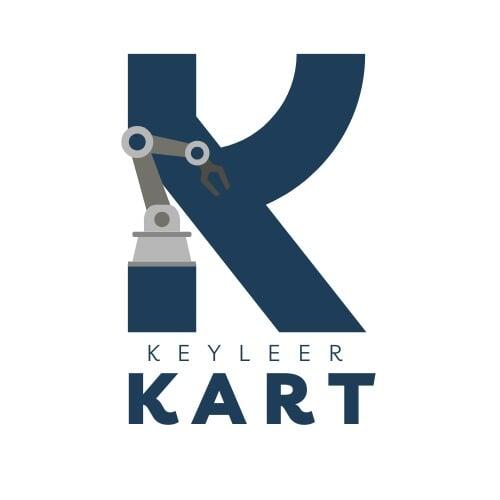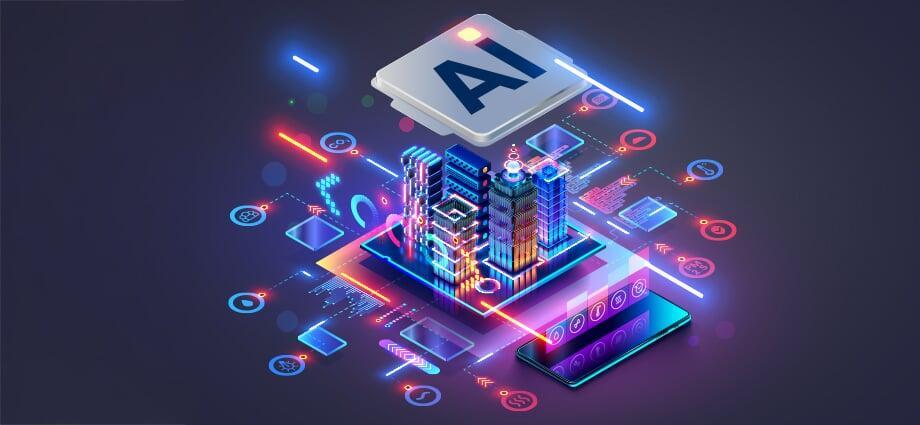Automation devices and AI 2025
Automation devices and AI 2025
Advancements in AI are set to significantly influence automation devices over the next few years, particularly as industries increasingly adopt smart technologies. Here are some key ways AI will impact automation:
- Predictive Analytics: AI algorithms can analyze vast amounts of data to predict equipment failures or maintenance needs, allowing for proactive interventions that minimize downtime and enhance productivity.
- Real-Time Adjustments: Automation devices equipped with AI can make real-time adjustments to operations based on changing conditions, optimizing performance without human intervention. This leads to more efficient production processes and better resource management.
- Dynamic Reconfiguration: AI enables automation systems to adapt quickly to new tasks or changes in production requirements, allowing for more flexible manufacturing setups that can respond to market demands efficiently.
- Automated Inspection: AI-powered vision systems can perform detailed inspections of products at high speeds, identifying defects or inconsistencies that human inspectors might miss. This ensures higher quality standards and reduces waste.
- Human-Robot Collaboration: AI advancements will enhance the capabilities of collaborative robots, allowing them to work safely alongside humans in various tasks. This integration will boost productivity by combining the strengths of both human workers and machines.
- Optimized Logistics: AI can streamline supply chain operations by predicting demand, managing inventory levels, and optimizing delivery routes, which enhances overall efficiency in manufacturing and distribution processes.
- Natural Language Processing: Automation devices will increasingly feature AI-driven interfaces that allow users to interact through natural language commands, making technology more accessible and reducing training time for operators.





